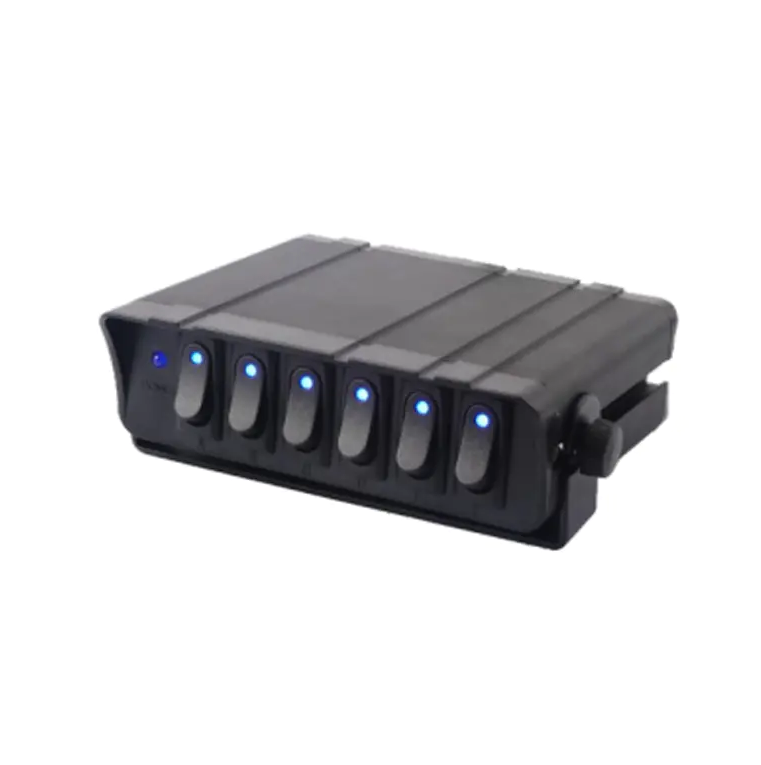Safety and Longevity Differences Between Various Switch Panel Materials in Industrial Applications

Switch Panel Factory produces a wide range of switch panels, utilizing different materials to meet diverse application requirements. The choice of material significantly impacts both the durability and safety of the final product, making it crucial for engineers and buyers to understand these differences when selecting panels for specific environments. Factors such as mechanical strength, heat resistance, electrical insulation, and corrosion protection vary depending on whether the panel is made from metal, plastic, or composite materials.
Metal switch panels, commonly made from stainless steel or aluminum, are highly durable and resistant to mechanical damage. They offer excellent structural integrity, making them suitable for heavy-duty industrial environments where impact, vibration, or physical stress is a concern. In addition to durability, metal panels provide effective shielding against electromagnetic interference, which helps maintain the safety and stability of sensitive electrical systems. However, metal panels may require additional coatings or treatments to enhance corrosion resistance, especially in humid or corrosive environments.
Plastic switch panels, often produced from high-grade thermoplastics such as ABS or polycarbonate, offer advantages in weight reduction, ease of installation, and cost-effectiveness. These panels provide excellent electrical insulation, reducing the risk of short circuits or accidental shocks. Many plastics also exhibit good resistance to heat and flame, though their mechanical strength is generally lower than metals. This makes them ideal for applications where electrical safety, light weight, and affordability are prioritized over extreme mechanical robustness.
Composite materials combine the benefits of both metals and plastics, offering balanced performance in terms of strength, insulation, and corrosion resistance. Panels made from fiber-reinforced plastics or hybrid composites can withstand moderate impacts while maintaining excellent electrical safety properties. They are often used in environments that require a combination of durability, thermal stability, and protection from moisture or chemical exposure. The versatility of composites allows Switch Panel Factory to produce panels tailored to specific industrial needs while maintaining high safety and longevity standards.
The manufacturing process and quality control measures further influence the performance of panels made from different materials. Rigorous testing for mechanical stress, thermal resistance, and electrical insulation ensures that every panel meets safety and durability standards, regardless of the base material. Proper material selection combined with precise production practices ensures consistent performance and minimizes the risk of failure in demanding applications.
In conclusion, the material choice for switch panels significantly affects their durability and safety. Metal panels excel in mechanical strength and EMI shielding, plastic panels provide excellent electrical insulation and lightweight convenience, while composite materials offer a balanced solution for versatile industrial requirements. Switch Panel Factory leverages these material characteristics, along with strict quality control, to deliver reliable, safe, and long-lasting panels suitable for a wide range of operational conditions. Understanding these differences helps engineers and buyers select the most appropriate solution for their specific applications.
8 SWITCH PANEL SYSTEM
Vin: 12V~24V
Pout: 600W-1200W
Tcase: -40°C~+105°C
max: <80A
Application: UNIVERSAL
- Art
- Causes
- Crafts
- Dance
- Drinks
- Film
- Fitness
- Food
- Jocuri
- Gardening
- Health
- Home
- Literature
- Music
- Networking
- Alte
- Party
- Religion
- Shopping
- Sports
- Theater
- Wellness


